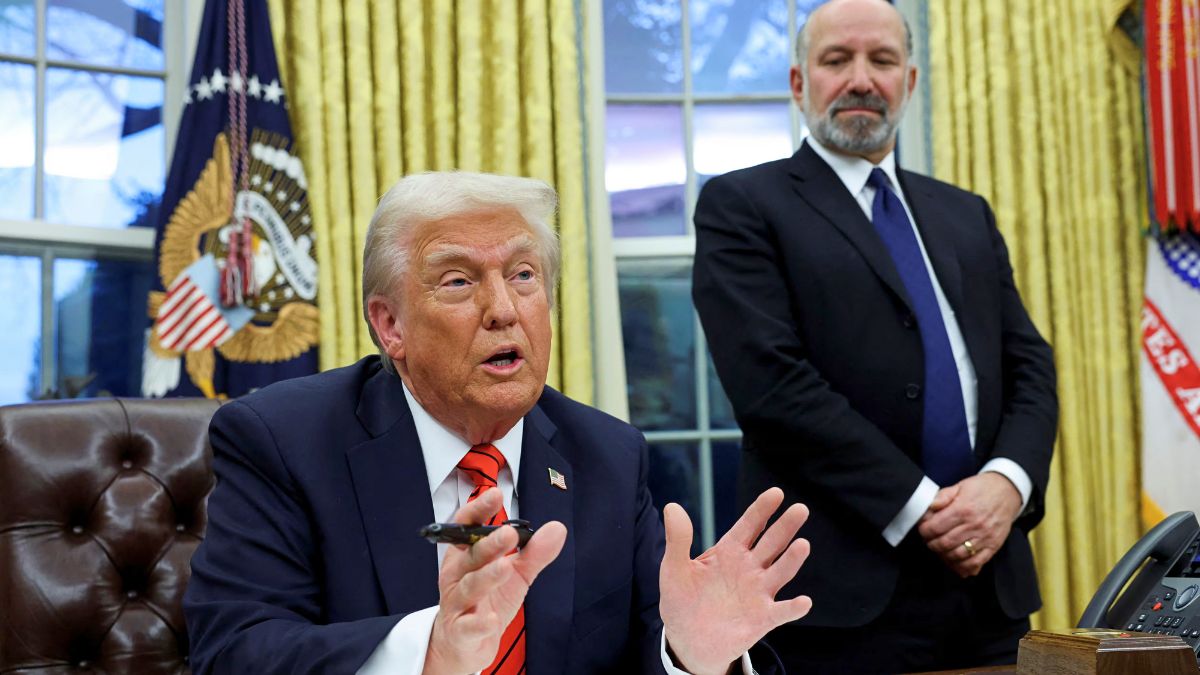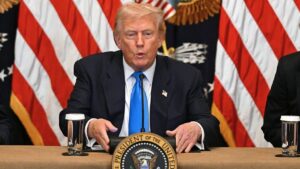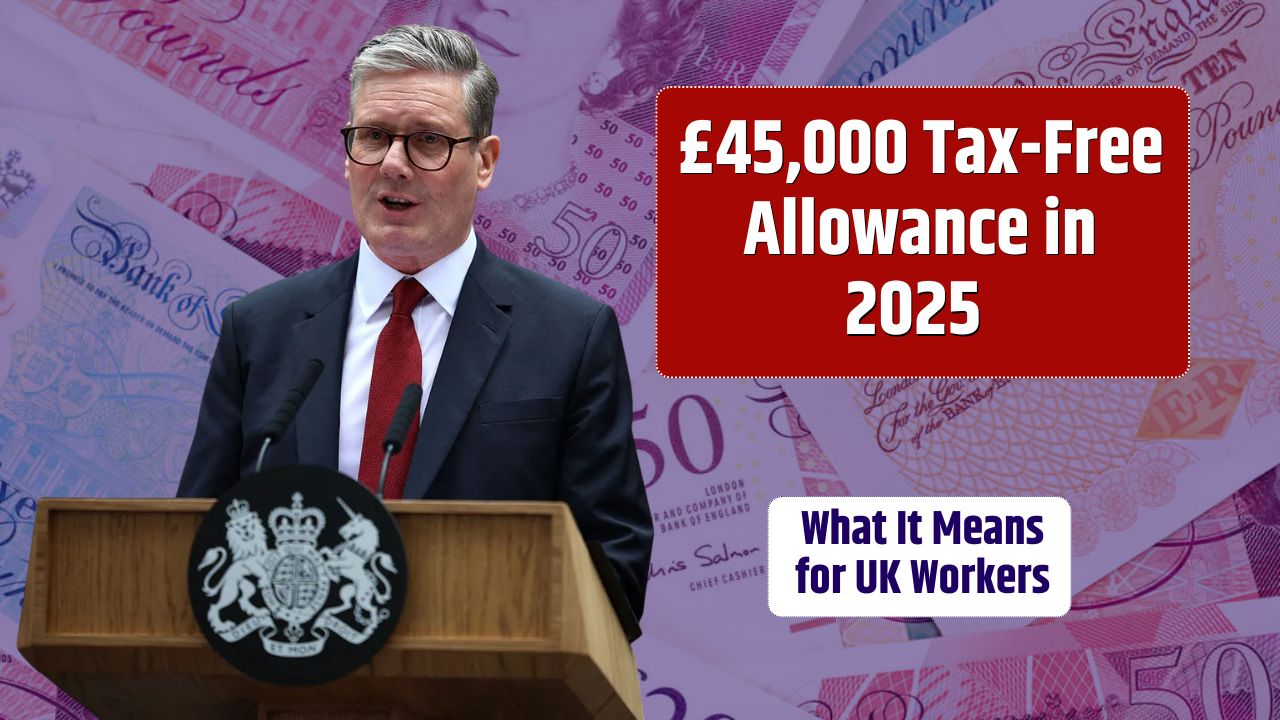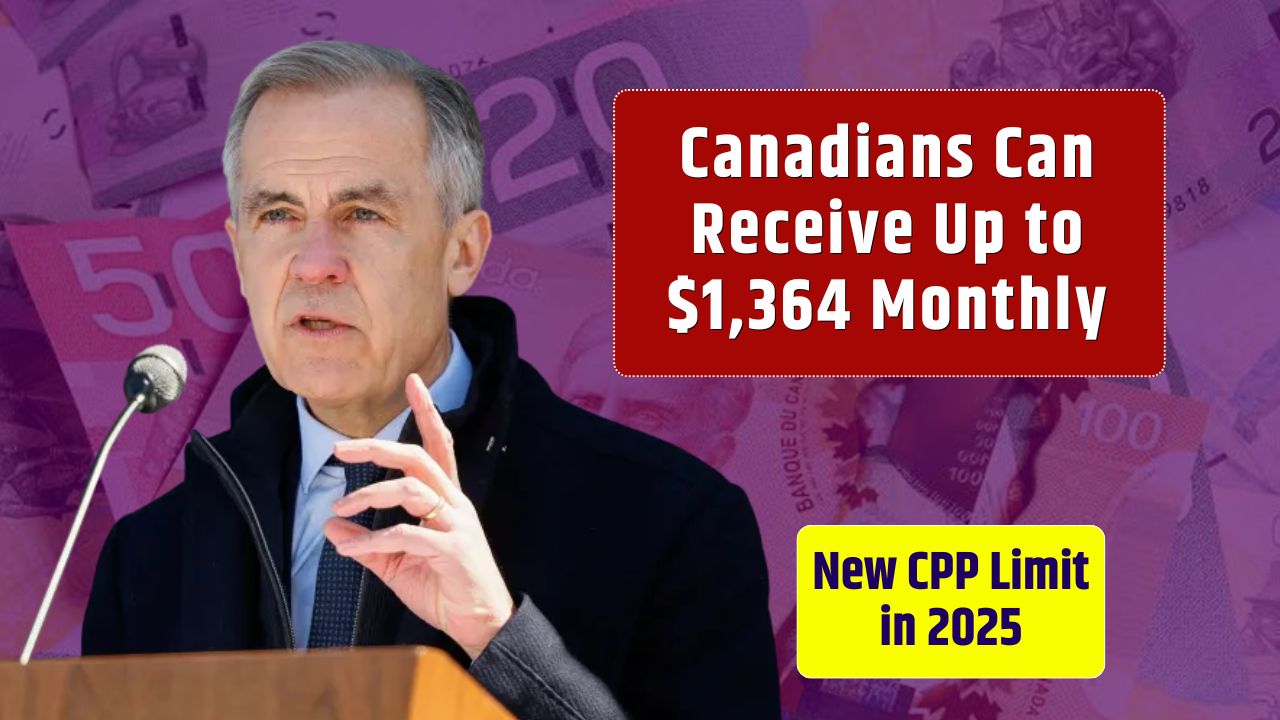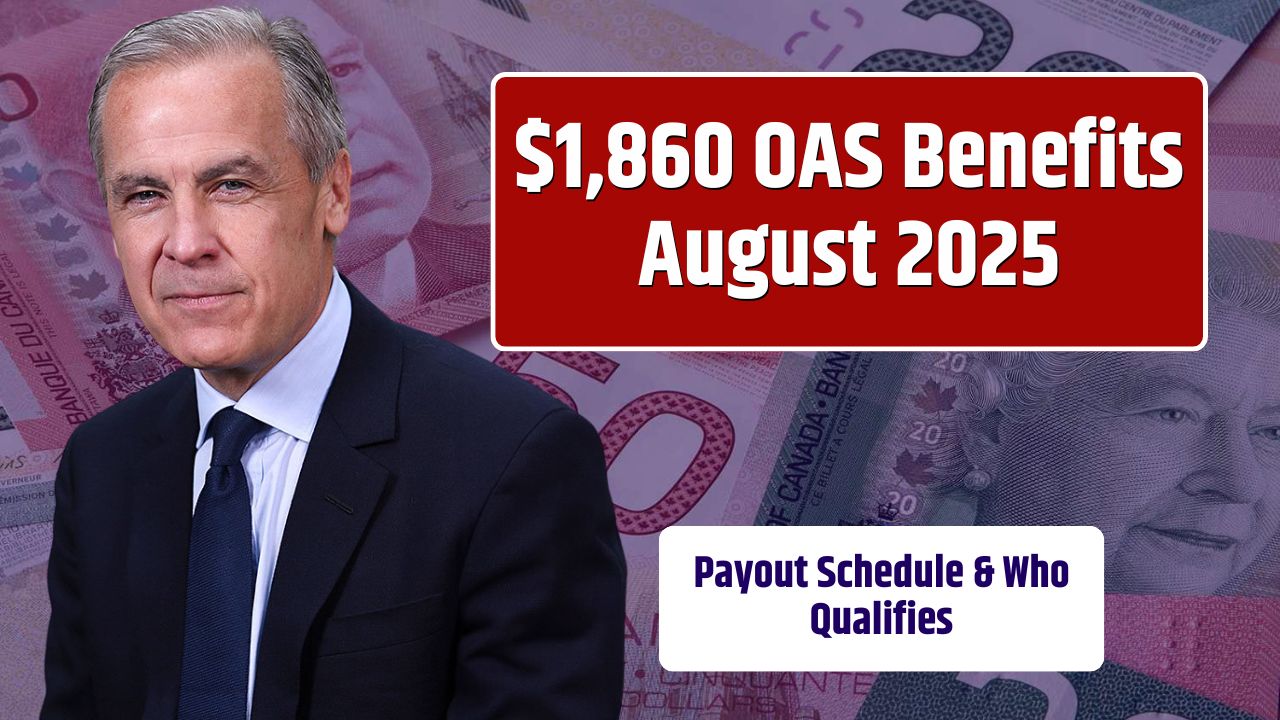In a rare policy reversal, the Trump administration has dropped a controversial requirement that U.S. states and cities must oppose boycotts of Israeli companies to qualify for federal disaster aid. The Department of Homeland Security (DHS) quietly deleted the rule from its website on Monday, walking back a stance that tied emergency funding to foreign policy loyalty.
Reversal
Earlier, the DHS had made it clear: if states wanted a piece of at least $1.9 billion in disaster preparedness grants, they had to certify they wouldn’t sever business ties with Israeli companies. But now, that language has vanished. FEMA, the Federal Emergency Management Agency, which falls under DHS, updated its terms later that same day—without the boycott clause.
This reversal comes after Reuters exposed the policy’s existence and how it affected grants critical to things like emergency manager salaries, search-and-rescue gear, and backup power systems. Essentially, states were being asked to pass a political loyalty test to get help with floods, fires, and other natural disasters.
Background
The now-deleted requirement was seen by many as a political move, targeting the Boycott, Divestment, and Sanctions (BDS) movement—a global campaign that aims to pressure Israel economically to end its occupation of Palestinian territories.
The movement gained renewed traction after the 2023 war between Israel and Hamas, where Gaza was heavily bombarded in response to a deadly attack by Hamas on southern Israel. Pro-Palestinian groups ramped up calls for sanctions, divestment, and consumer boycotts of Israeli products and businesses.
Pushback
Critics called the DHS rule unconstitutional, arguing that it amounted to punishing free speech. Boycotts have long been protected under the First Amendment in the U.S., and forcing states to declare allegiance in international conflicts raised serious legal and ethical concerns.
In response to the backlash, DHS spokesperson Tricia McLaughlin clarified on Monday: “FEMA grants remain governed by existing law and policy and not political litmus tests.” That statement marked a clear shift in tone and intent.
Legal Gray
This wasn’t the first time U.S. government funding has come with strings attached when it comes to Israel. Previous attempts to restrict support for the BDS movement have faced lawsuits, including successful challenges in courts that found such policies infringed on freedom of speech.
Still, the Trump administration had often pushed boundaries when it came to defending Israel, penalizing institutions and even foreign governments that didn’t align with its stance. This latest retreat signals either a legal concern or a shift in political calculation—possibly both.
Terms
So what changed in the grant documents? FEMA originally included language stating that applicants could not support “discriminatory prohibited boycotts,” defined as refusal to deal with entities doing business in or with Israel. That phrasing is now gone from the updated terms.
Here’s a quick breakdown of the key changes:
| Policy Element | Original Terms | Updated Terms |
|---|---|---|
| Boycott Certification Requirement | Yes – must oppose boycotts of Israeli companies | No – clause removed |
| Legal Basis | FEMA Terms & Conditions, influenced by DHS guidance | Reverted to standard FEMA grant language |
| Affected Funding | $1.9 billion in disaster preparedness grants | Remains the same |
| Policy Reason | Combatting BDS movement | Shifted to non-political compliance focus |
This move brings federal disaster funding back to its original purpose—helping communities prepare for emergencies, not making them political pawns.
Whether this sets a broader precedent remains to be seen, but it does suggest some limits to how far political agendas can shape aid distribution.
FAQs
Why did DHS remove the boycott clause?
Due to legal and public backlash over free speech concerns.
What is the BDS movement?
It’s a global campaign to pressure Israel economically over Palestine.
How much funding was affected?
At least $1.9 billion in FEMA disaster preparedness grants.
Was the clause unconstitutional?
Many argued it violated First Amendment rights.
Is FEMA still issuing grants?
Yes, but under revised, non-political terms.

